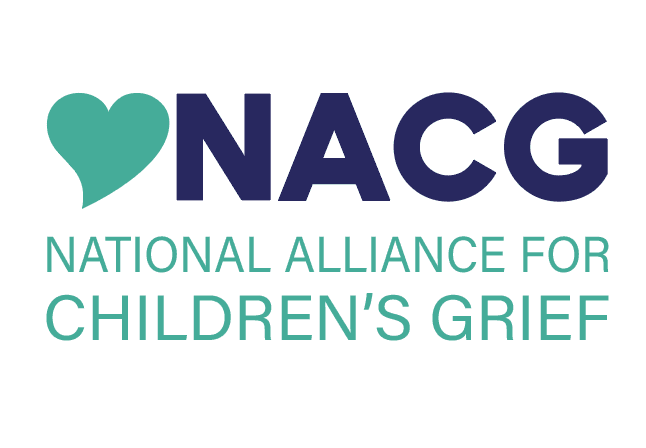
This period marks one year since the World Health Organization (WHO) declared the COVID-19 crisis a pandemic. For many over the past year, the grief following the death of a loved one has been amplified by secondary losses experienced during this time. COVID restrictions, job loss, isolation, and health concerns have led to loss of connection to those nearest and has a greatly impacted one’s grief experience. Processing the impacts of these secondary losses can allow room for healing. Below are some tips that can be useful as you reflect back on this past year.
Acknowledge Anniversaries and Intensified Grief Emotions
This year is just one grief-related anniversary that many may be experiencing. Important dates associated with those lost can heighten grief symptoms even years after the loss. Birthdays, wedding anniversaries, and death anniversaries tend to remind us of the significant memories we shared and the reality that our loved one is not present. Allow yourself time to sit with these emotions as these are normal reactions during an anniversary. Understanding your own emotional needs during these dates can also help ease the intensity of your grief and allow you to create a self-care plan.
Commemorating Those You have Lost
Commemorating losses on important dates can be a way to maintain the bonds with loved ones now gone. The intense emotions felt on these days can be turned into a healing activity for everyone in the family. Some may choose to celebrate as they normally would when their loved ones were present, whereas others may choose to pay a visit to the cemetery. Not all dates need to be commemorated—you can determine whether to celebrate your loved one’s life or simply acknowledge the day. With the multiple losses experienced this year, it is important to spend these important days in whichever way feels most comfortable to you while remaining compassionate to your feelings of grief.
Implementing a Practice of Gratitude
As you look at this year think of the multitude of losses experienced, it may be difficult to think about gratitude. However, a daily practice of gratitude has been demonstrated to improve our overall mental health and can be a powerful healing tool when we are grieving. After the loss of a loved one, it is natural to focus on the absence of their presence as well as the secondary losses experienced as a result of the loss. Implementing gratitude exercises shifts our focus to the present, which allows us to alleviate some negative feelings while also developing empathy towards oneself and those around us. A daily gratitude practice does not have to be extensive—something simple such as writing down one thing you are grateful for is a great place to start.
For additional resources, visit our website at www.childbereavement.org. To register for our free virtual grief support groups, give us a call at (888) 988-5438 or e-mail intake@childbereavement.org.








